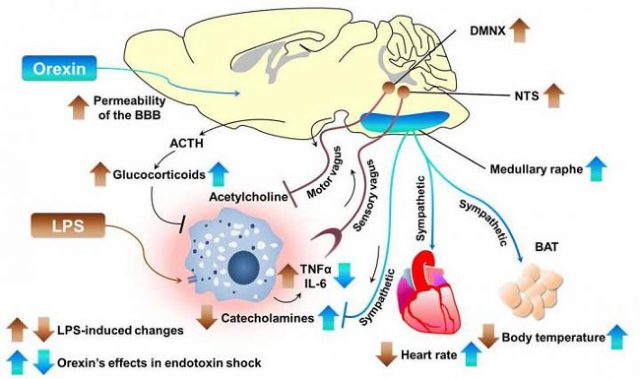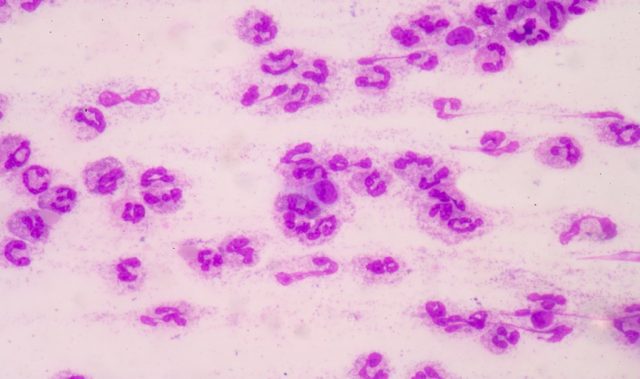
AsianScientist (May 19, 2016) – In a study published in Nature Communications, researchers from the University of Tsubaka have found that immune cells known as marginal zone B cells play an important role sepsis, a life-threatening condition that is a leading cause of death in hospitals worldwide.
The inability to adequately respond to infection can cause a whole-body state of inflammation known as sepsis. This can eventually lead to systemic inflammatory response syndrome (SIRS) and even death. White blood cells known as B lymphocytes, or B cells, produce antibodies in response to infections such as blood-borne pathogens. B cells of the marginal zone, which separates circulating blood from spleen lymphoid tissue, contribute to this early immune response, but their role in inflammation has remained unclear.
Lipopolysaccharides (LPS) are endotoxic products from Gram-negative bacteria that can trigger SIRS. In the present study, researchers showed that mice injected with LPS from were more resistant to endotoxic shock and lived longer if they lacked marginal zone B cells, suggesting that these cells play crucial role in inflammatory response against LPS.
The researchers began by blocking the function of a pro-inflammatory molecule known as IL-6 slightly before or a few hours after LPS injection.
“We found that mice were protected against endotoxic shock and survived for longer if IL-6 signaling was stopped at the later stage,” lead author and lecturer, Dr. Shin-ichiro Honda said. “This is significant in developing treatments for sepsis.”
After examining the signaling process in greater detail, another protein of the immune system, Toll-like receptor 4 (TLR4), was shown to be necessary for IL-6 production. Specifically, the researchers showed that LPS directly stimulates marginal zone B cells via TLR4, leading to IL-6 production.
Fcα/µR is a cell surface receptor mainly expressed on lymphoid tissue immune cells, where it recognizes IgA and IgM antibodies. It is also expressed on marginal zone B cells, but its role there was unknown. The researchers studied in Fcα/µR-deficient mice and found that their marginal zone B cells produced much less IL-6 in response to LPS than those of control mice.
“We observed that a physical association with Fcα/µR was required for forming the TLR4 complex and IL-6 production in response to LPS,” corresponding author Akira Shibuya explains.
The authors concluded that marginal zone B cells are regulators of immune responses with a strong pro-inflammatory role in IL-6 production in endotoxic shock.
The article can be found at: Honda et al. (2016) Marginal Zone B cells Exacerbate Endotoxic Shock via Interleukin-6 Secretion Induced by Fcα/μR-coupled TLR4 Signalling.
———
Source: University of Tsukuba.
Disclaimer: This article does not necessarily reflect the views of AsianScientist or its staff.












